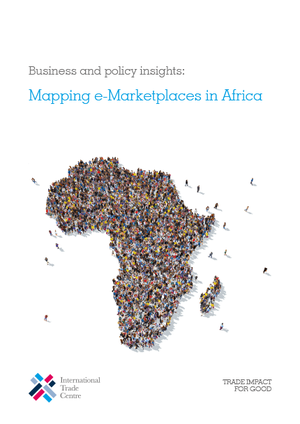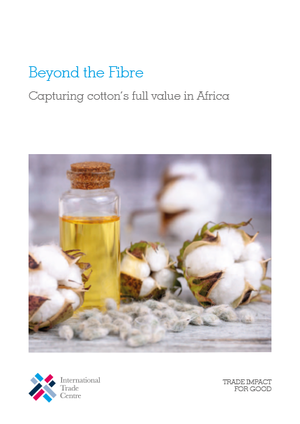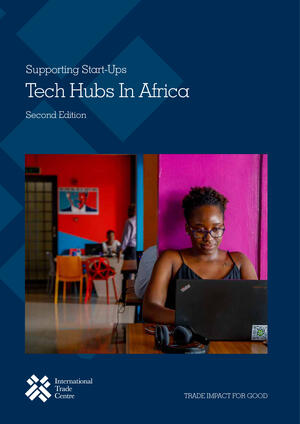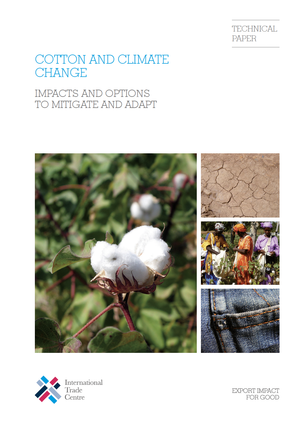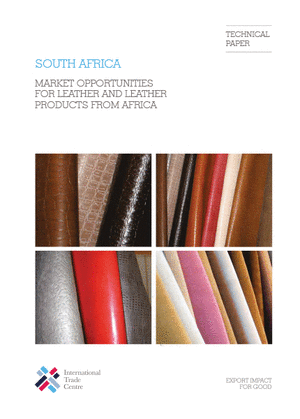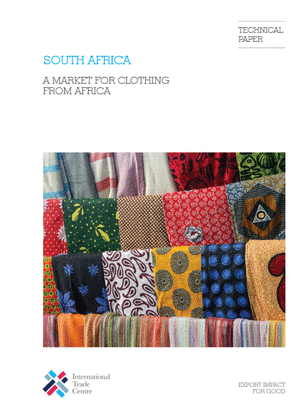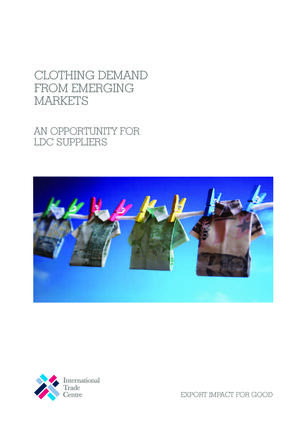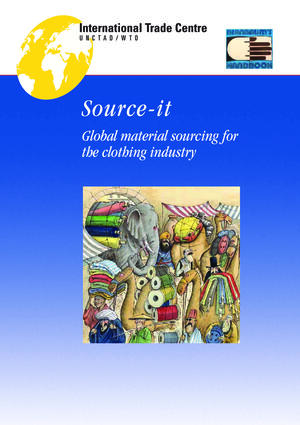Business and policy insights: Mapping e-Marketplaces in Africa
Online marketplaces are the dominant form of e-commerce for consumer goods in developed countries. They are also prominent across Africa, offering great potential to serve a new generation of consumers and open opportunities for small entrepreneurs. But little is known about these marketplaces in...




